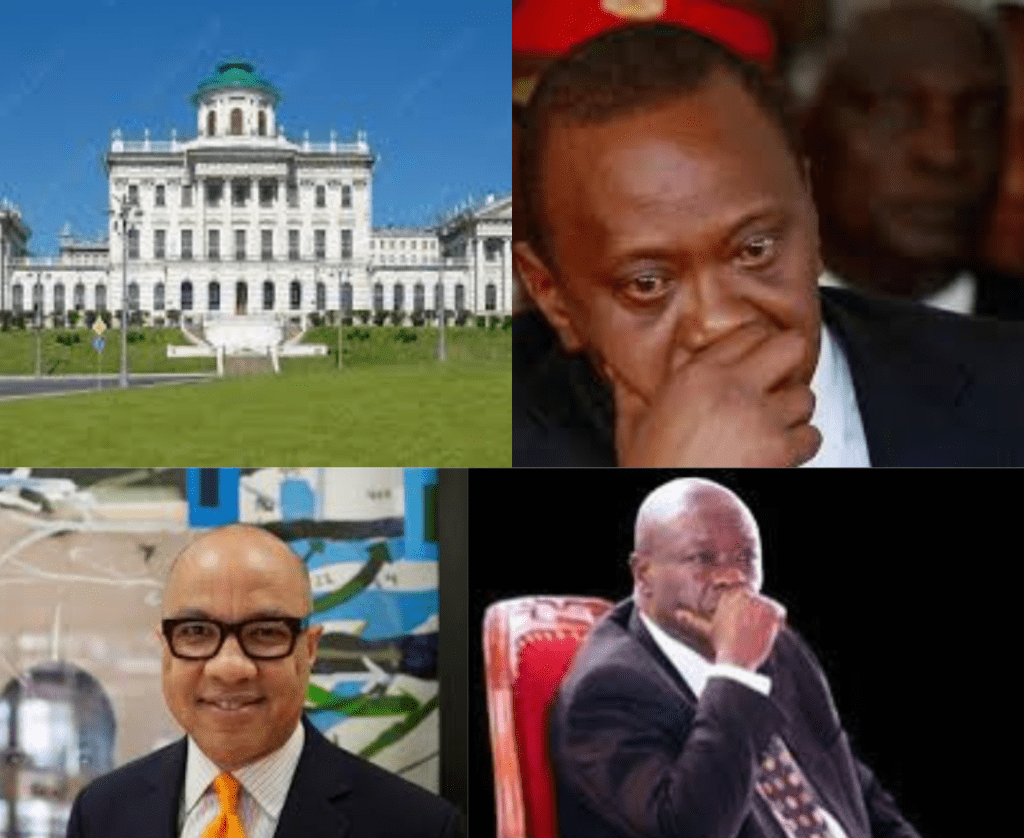Kenyans have witnessed a game of blame among top government officials regarding the responsibility for the recent Gen-Z protests that challenged the Kenya Kwanza administration.
The storming of Parliament in June ignited a frantic search for those behind the unrest, with high-ranking officials hesitant to acknowledge the possibility of it being a spontaneous movement.
Accusations have been tossed around, with the Deputy President now emerging as a key figure in the blame game.
“I hereby put on notice the planners, financiers, orchestrators, and abettors of violence and anarchy,” President Ruto declared shortly after the protests breached Parliament’s defenses.
It was clear that someone would be held accountable for the chaos, including the fire at the county government’s headquarters and the ransacking of the Supreme Court amid the protests that led to the collapse of the contested Finance Act 2024.
Ruto promised a swift and decisive response to what he termed a treasonous event.
Just days before the Parliament invasion, Government Spokesman Isaac Mwaura had suggested foreign interference might be at play, speculating that President Ruto’s comments on global issues had stirred unrest.
“Looking from a distance, there could be a foreign hand involved,” he said.
The administration’s attempts to assign blame have been inconsistent.
Reports of police abductions highlighted the government’s struggle to find scapegoats for the protests.
Intelligence documents pointed to several politicians, a businessman, and two NGOs allegedly responsible for inciting the unrest.
Former President Uhuru Kenyatta, a frequent target of the current regime, was also scrutinized, with claims that his associates were being investigated for potential financing of the protests.
Then, the focus shifted to the Ford Foundation. Ruto publicly called out those he accused of funding chaos in Kenya, questioning the motives behind their financial support for civil society initiatives.
This rhetoric led to increased scrutiny of organizations like Boniface Mwangi’s Sema Ukweli.
Adding to the irony, just days ago, Ruto met with Ford Foundation President Darren Walker at the United Nations General Assembly, praising their efforts to support Kenya’s democracy, despite his earlier accusations.
Now, attention has turned to allies of Deputy President Rigathi Gachagua, who had predicted that the blame would eventually fall on him.
“They want to blame me,” he remarked previously, suggesting that the National Intelligence Service (NIS) should take responsibility.
With the recent decision by the Director of Public Prosecutions to charge two sitting Members of Parliament and three others in connection with the June 25 protests, it appears the accountability for the unrest is indeed landing at the Deputy President’s feet.

